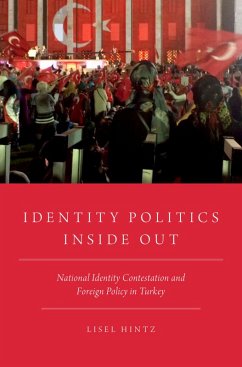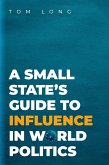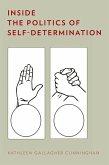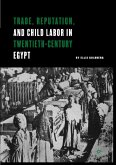The trajectory of Turkey's Justice and Development Party (AKP) rule offers an ideal empirical window into puzzling shifts in Turkey's domestic politics and foreign policy. The policy transformations under its leader Recep Tayyip Erdogan do not align with existing explanations based on security, economics, institutions, or identity. In
Identity Politics Inside Out, Lisel Hintz teases out the complex link between identity politics and foreign policy using an in-depth study of Turkey. Rather than treating national identity as cause or consequence of a state's foreign policy, she repositions foreign policy as an arena in which contestation among competing proposals for national identity takes place. Drawing from a broad array of sources in popular culture, social media, interviews, surveys, and archives, she identifies competing visions of Turkish identity and theorizes when and how internal identity politics becomes externalized. Hintz examines the establishment of Republican Nationalism in the wake of imperial collapse and examines failed attempts made by those challenging its Western-oriented, anti-ethnic, secularist values with alternative understandings of Turkishness. She further demonstrates how the Ottoman Islamist AKP used the European Union accession process to weaken Republican Nationalist obstacles in Turkey, thereby opening up space for Islam in the domestic sphere and a foreign policy targeted at achieving leadership in the Middle East. By showing how the "inside out" spillover of national identity debates can reshape foreign policy, Identity Politics Inside Out fills a major gap in existing scholarship by closing the identity-foreign policy circle.
Dieser Download kann aus rechtlichen Gründen nur mit Rechnungsadresse in A, B, BG, CY, CZ, D, DK, EW, E, FIN, F, GR, HR, H, IRL, I, LT, L, LR, M, NL, PL, P, R, S, SLO, SK ausgeliefert werden.









